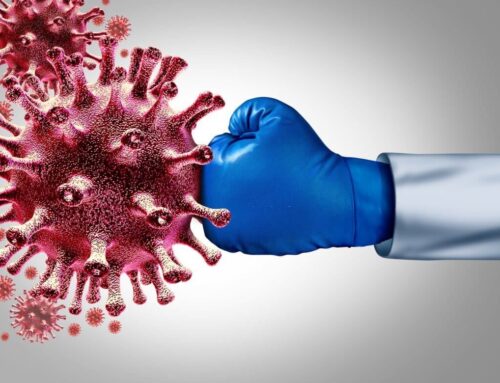Vitamins and minerals have become increasingly important in modern times due to several factors:
- Nutrient Deficiencies: In today’s fast-paced world, many people consume processed foods that are often lacking in essential vitamins and minerals. Poor dietary choices can lead to nutrient deficiencies, which can have detrimental effects on overall health.
- Environmental Factors: Environmental pollution, soil depletion, and food processing techniques can reduce the nutrient content of foods. As a result, individuals may not be able to obtain sufficient vitamins and minerals from their diet alone.
- Stressful Lifestyles: Modern lifestyles characterized by high stress levels, inadequate sleep, and sedentary behavior can increase the body’s demand for certain nutrients to support overall well-being and combat the negative effects of stress.
- Chronic Diseases: The prevalence of chronic diseases such as obesity, diabetes, and cardiovascular conditions has highlighted the importance of proper nutrition in disease prevention and management. Many vitamins and minerals play crucial roles in supporting immune function and reducing inflammation.
- Aging Population: As the global population ages, there is a growing awareness of the role of vitamins and minerals in promoting healthy aging. Older adults may require additional supplementation to meet their nutritional needs and maintain optimal health.
In conclusion, vitamins and minerals have become essential in today’s world due to changing dietary habits, environmental challenges, stressful lifestyles, increased incidence of chronic diseases, and the aging population’s specific nutritional requirements.
Important Vitamins and Minerals Today
In today’s context, some of the most important vitamins and minerals for overall health and well-being include:
- Vitamin D: Essential for strong bones and teeth as it aids in calcium absorption. It also plays a crucial role in immune function.
- Vitamin C: Known for its immune-boosting properties, vitamin C is vital for collagen production, wound healing, and antioxidant protection.
- Iron: Important for the formation of hemoglobin, which carries oxygen in the blood. Iron is crucial for energy production and overall vitality.
- Calcium: Essential for bone health, muscle function, nerve transmission, and hormone secretion.
- Vitamin A: Supports vision, skin health, immune function, and cell growth.
- Vitamin E: Acts as an antioxidant, protecting cells from damage. It also supports skin health and immune function.
- B Vitamins: Including B1, B2, B6, B12, niacin, biotin, folic acid, and pantothenic acid are essential for energy production and various metabolic processes in the body.
These vitamins and minerals play critical roles in maintaining overall health and are necessary components of a balanced diet to support bodily functions effectively.





Leave A Comment